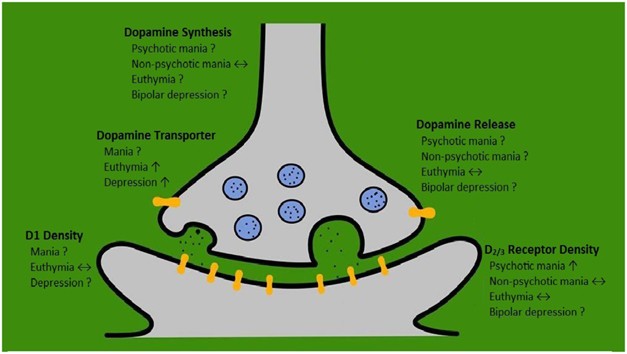Mania in bipolar disorder is a complex condition requiring a combination of primary and adjunct treatments. While mood stabilizers and antipsychotics are the cornerstone of therapy, adjunct treatments play a vital role in enhancing outcomes and preventing relapse.

Understanding Mania in Bipolar Disorder
Mania is characterized by extreme mood elevation, impulsivity, and increased activity levels. It significantly impacts social, occupational, and personal life. Adjunct treatments help in complementing primary medications to improve symptom control.
Primary Treatment for Mania
Pharmacological Approach
- Mood stabilizers: Lithium, valproate, carbamazepine
- Antipsychotics: Olanzapine, risperidone, quetiapine
- Benzodiazepines: Short-term use for acute agitation
Adjunct Treatments for Mania
Adjunct treatments support primary therapy and address additional aspects of the disorder, such as cognitive dysfunction, stress, and lifestyle factors.
Psychotherapy and Behavioral Interventions
- Cognitive Behavioral Therapy (CBT): Helps in managing thought patterns and impulsivity.
- Dialectical Behavior Therapy (DBT): Improves emotional regulation and distress tolerance.
- Interpersonal and Social Rhythm Therapy (IPSRT): Stabilizes daily routines and sleep patterns.
Nutritional and Lifestyle Modifications
- Omega-3 fatty acids: May have mood-stabilizing properties.
- Regular exercise: Reduces stress and enhances neurotransmitter balance.
- Mindfulness and meditation: Improves self-awareness and emotional regulation.
Neuromodulation Techniques
- Electroconvulsive Therapy (ECT): Effective for severe or treatment-resistant mania.
- Transcranial Magnetic Stimulation (TMS): Emerging evidence supports its role in mood stabilization.
- Vagus Nerve Stimulation (VNS): Investigated for its effects on bipolar disorder.
Adjunct treatments significantly enhance the effectiveness of primary therapies for bipolar mania. A holistic approach, combining medications, therapy, lifestyle changes, and advanced techniques, ensures better long-term stability and quality of life.

